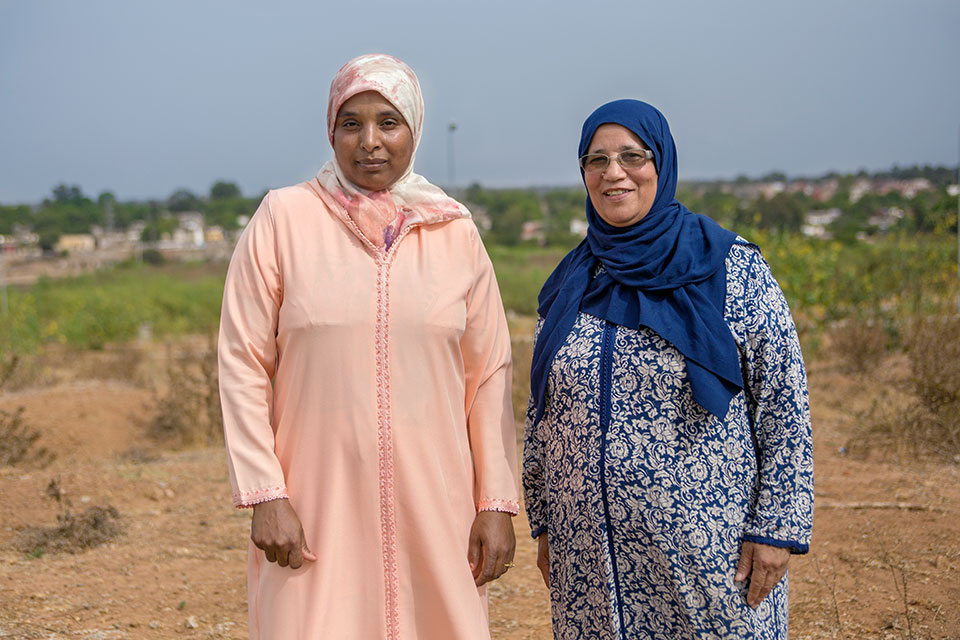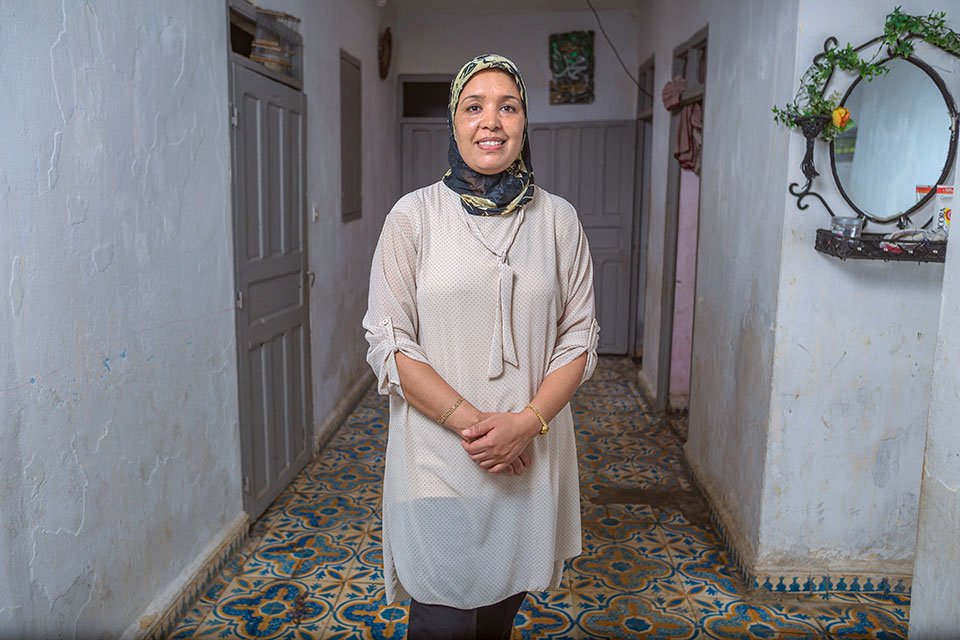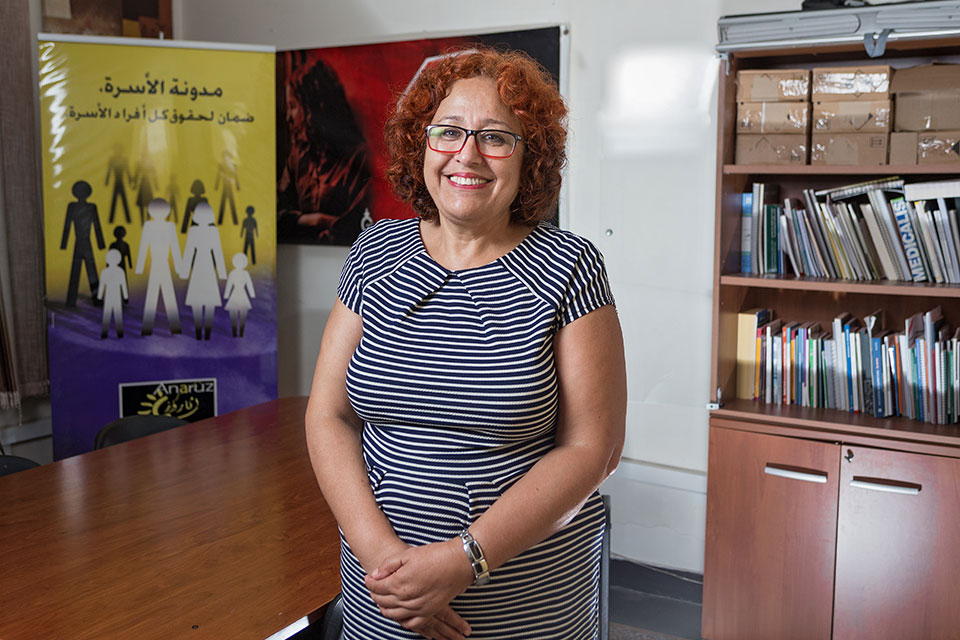Land rights at last for Sulaliyyate women in Morocco
Date:

After 10 years of advocacy, ethnic Sulaliyyate women of Morocco finally have equal land rights. On 23 July, a State-run lottery distributed some 860 plots of land equally among men and women, as part of ongoing efforts to privatize land throughout the country.
Mahjouba Mhamda is one of the 1,460 women who received a 70 square metre plot of land. It was an arduous process. “Speaking up for my rights and going against my uncles and [other] male relatives was not only considered rude, but it was like declaring war [against] our tradition that has been favourable only to men,” said Mhamda, from Ouled Mbarek tribe, in the Kentira region. “It was a long and difficult journey during which we were insulted and intimidated. But being here today, makes it all worth it”.
The word Sulaliyyate comes from sulala, which in Arabic means ethnic genealogy. It refers to “tribal” women in Morocco, who started a nation-wide grassroots movement for equal rights to land in 2007, with the support of the Democratic Association for Moroccan Women (ADFM), as well as UN Women in the early stages.
According to some estimates, 42 per cent of Morocco’s land is held collectively by ethnic tribes. Shares in the communal lands were traditionally passed down to male family members over the age of 16. As Morocco started liberalizing its economy, efforts to privatize and develop these lands grew around 2004. Since women couldn’t inherit land according to tribal law, this put single women, widows, divorcées and those without sons at a particularly disadvantage. In the spring of 2012, the Moroccan Ministry of Interior issued a bulletin granting women and men equal rights to benefit from incomes and profits gained from their land. Finally, this year women and men benefited from equal shares of land through the July lottery. The Sulaliyyate also demand equal financial compensation for land taken by the Government for privatization purposes.
In Ben Mansour tribe, 160 women and 160 men have recently received 6,300 Moroccan Dirhams each (600 USD) as a compensation. Hajiba Hrour, 42 years old and a mother of 3, was one of them.

“I feel relieved that our marches, meetings and advocacy efforts have led to such a concrete outcome, ” said Hrour. “Beyond the financial aspect, it is the change in the mentality that I’m most proud of, because we’ve gone from a situation where even tribe representatives excluded their own daughters from their land rights, to men who, during the compensation distribution, asked us to serve their sisters first”.
Hrour joined the movement in 2008. Her relentless commitment stems from childhood memories of trips to the village where she saw that women and girls were considered less than men and boys. She thanks ADFM for encouraging women like her to stand up against the patriarchal values that she grew up around.
ADFM supported the Sulaliyyate movement by providing training in leadership, public speaking as well as legal procedures.

The mobilization of the thousands of the Sulaliyyate nationwide led to some significant steps culminating in the July 2018 milestone. For instance, in 2009 and 2010, the Ministry of Interior issued circulars to the governors requesting them to include women in collective lands’ lists and to consider only lists that respect this condition. The first group of women from Mahdia, also in the region of Kenitra, received monetary compensations in 2014.
“The exclusion of the Sulaliyyate women from access to land is considered as economic violence and an obstacle to their empowerment and the full expression of their citizenship,” said Leila Rhiwi, UN Women Representative in Maghreb, and congratulated the Sulaliyyate women’s movement for the historic breakthrough. “We admire their mobilization and we are very proud to have been ADFM’s long-standing partner in supporting the emergence of this movement and the strengthening of their capacity for advocacy and leadership.”
With some 15 million hectares of land collectively held, a law that regulates and facilitates equal distribution of these lands, as well as fostering women’s participation in decision-making at the local level have been identified as measures that would further advance the rights of Sulaliyyate women across the country.